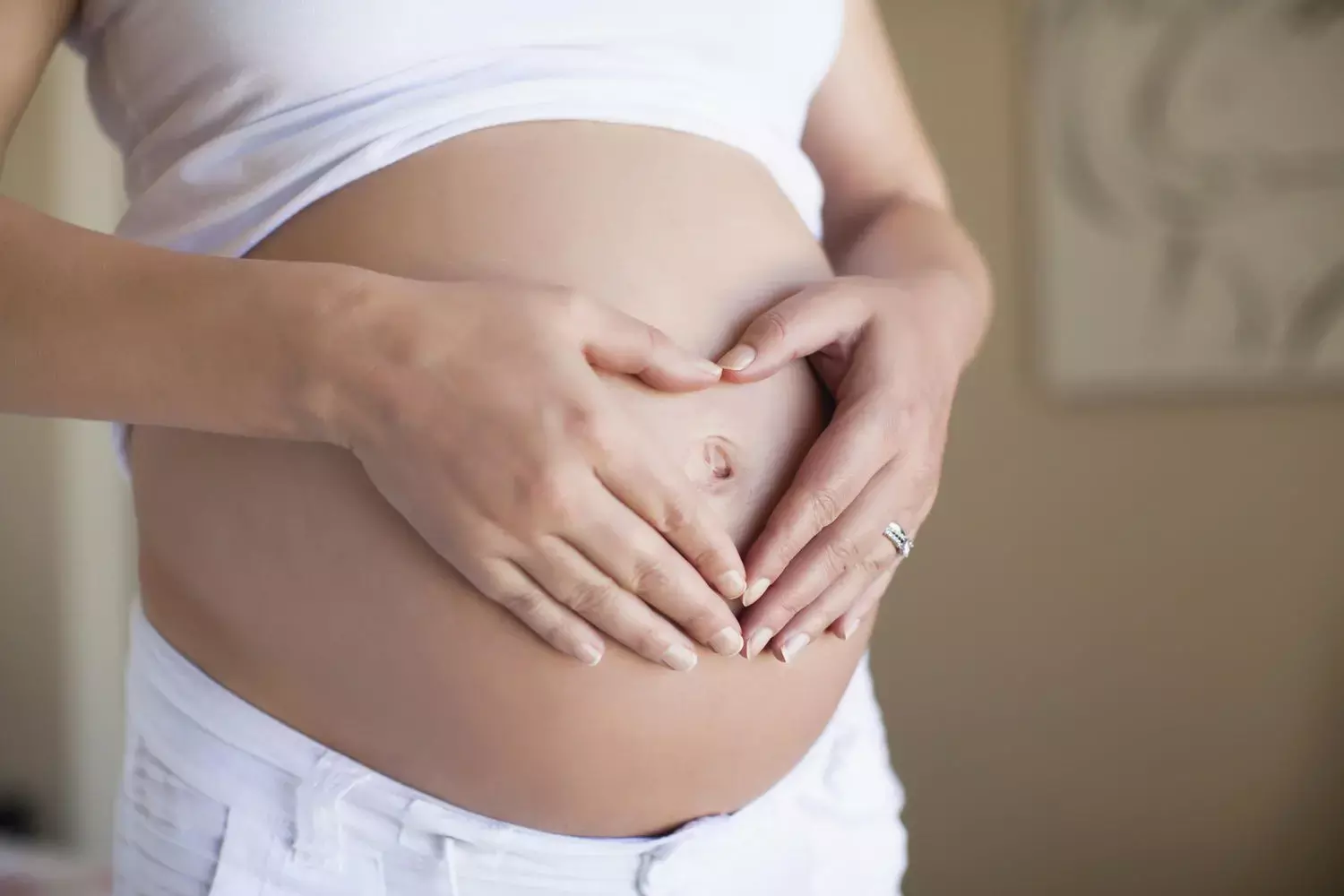- Home
- Medical news & Guidelines
- Anesthesiology
- Cardiology and CTVS
- Critical Care
- Dentistry
- Dermatology
- Diabetes and Endocrinology
- ENT
- Gastroenterology
- Medicine
- Nephrology
- Neurology
- Obstretics-Gynaecology
- Oncology
- Ophthalmology
- Orthopaedics
- Pediatrics-Neonatology
- Psychiatry
- Pulmonology
- Radiology
- Surgery
- Urology
- Laboratory Medicine
- Diet
- Nursing
- Paramedical
- Physiotherapy
- Health news
- Fact Check
- Bone Health Fact Check
- Brain Health Fact Check
- Cancer Related Fact Check
- Child Care Fact Check
- Dental and oral health fact check
- Diabetes and metabolic health fact check
- Diet and Nutrition Fact Check
- Eye and ENT Care Fact Check
- Fitness fact check
- Gut health fact check
- Heart health fact check
- Kidney health fact check
- Medical education fact check
- Men's health fact check
- Respiratory fact check
- Skin and hair care fact check
- Vaccine and Immunization fact check
- Women's health fact check
- AYUSH
- State News
- Andaman and Nicobar Islands
- Andhra Pradesh
- Arunachal Pradesh
- Assam
- Bihar
- Chandigarh
- Chattisgarh
- Dadra and Nagar Haveli
- Daman and Diu
- Delhi
- Goa
- Gujarat
- Haryana
- Himachal Pradesh
- Jammu & Kashmir
- Jharkhand
- Karnataka
- Kerala
- Ladakh
- Lakshadweep
- Madhya Pradesh
- Maharashtra
- Manipur
- Meghalaya
- Mizoram
- Nagaland
- Odisha
- Puducherry
- Punjab
- Rajasthan
- Sikkim
- Tamil Nadu
- Telangana
- Tripura
- Uttar Pradesh
- Uttrakhand
- West Bengal
- Medical Education
- Industry
No Association Between Surgeon Gender and Maternal Morbidity After Cesarean Delivery

Risks of postoperative maternal morbidity and of PPH exceeding 1000 mL or requiring transfusion by day 2 does not differ by the surgeon's gender suggests a recent study published in the JAMA Surgery
The stereotype that men perform surgery better than women is ancient. Surgeons have long been mainly men, but in recent decades an inversion has begun; the number of women surgeons is increasing, especially in obstetrics and gynecology. Studies outside obstetrics suggest that postoperative morbidity and mortality may be lower after surgery by women.
Results
• Among 4244 women included, men surgeons performed 943 cesarean deliveries (22.2%) and women surgeons performed 3301 (77.8%).
• The rate of attending obstetricians was higher among men than women
• The risk of maternal morbidity did not differ for men and women surgeons: 119 of 837 (14.2%) vs 476 of 2928 (16.3%)
• Interaction between surgeon gender and level of experience on the risk of maternal morbidity was not statistically significant.
• Similarly, the groups did not differ for PPH risk
Risks of postoperative maternal morbidity and of PPH exceeding 1000 mL or requiring transfusion by day 2 did not differ by the surgeon's gender.
Reference:
Bouchghoul H, Deneux-Tharaux C, Georget A, et al. Association Between Surgeon Gender and Maternal Morbidity After Cesarean Delivery. JAMA Surg. Published online January 25,
2023. doi:10.1001/jamasurg.2022.7063
Keywords:
JAMA Surgery, Bouchghoul H, Deneux-Tharaux C, Georget A, Association, Between, Surgeon, Gender, Maternal, Morbidity, After, Cesarean,Delivery
Dr. Shravani Dali has completed her BDS from Pravara institute of medical sciences, loni. Following which she extensively worked in the healthcare sector for 2+ years. She has been actively involved in writing blogs in field of health and wellness. Currently she is pursuing her Masters of public health-health administration from Tata institute of social sciences. She can be contacted at editorial@medicaldialogues.in.
Dr Kamal Kant Kohli-MBBS, DTCD- a chest specialist with more than 30 years of practice and a flair for writing clinical articles, Dr Kamal Kant Kohli joined Medical Dialogues as a Chief Editor of Medical News. Besides writing articles, as an editor, he proofreads and verifies all the medical content published on Medical Dialogues including those coming from journals, studies,medical conferences,guidelines etc. Email: drkohli@medicaldialogues.in. Contact no. 011-43720751


